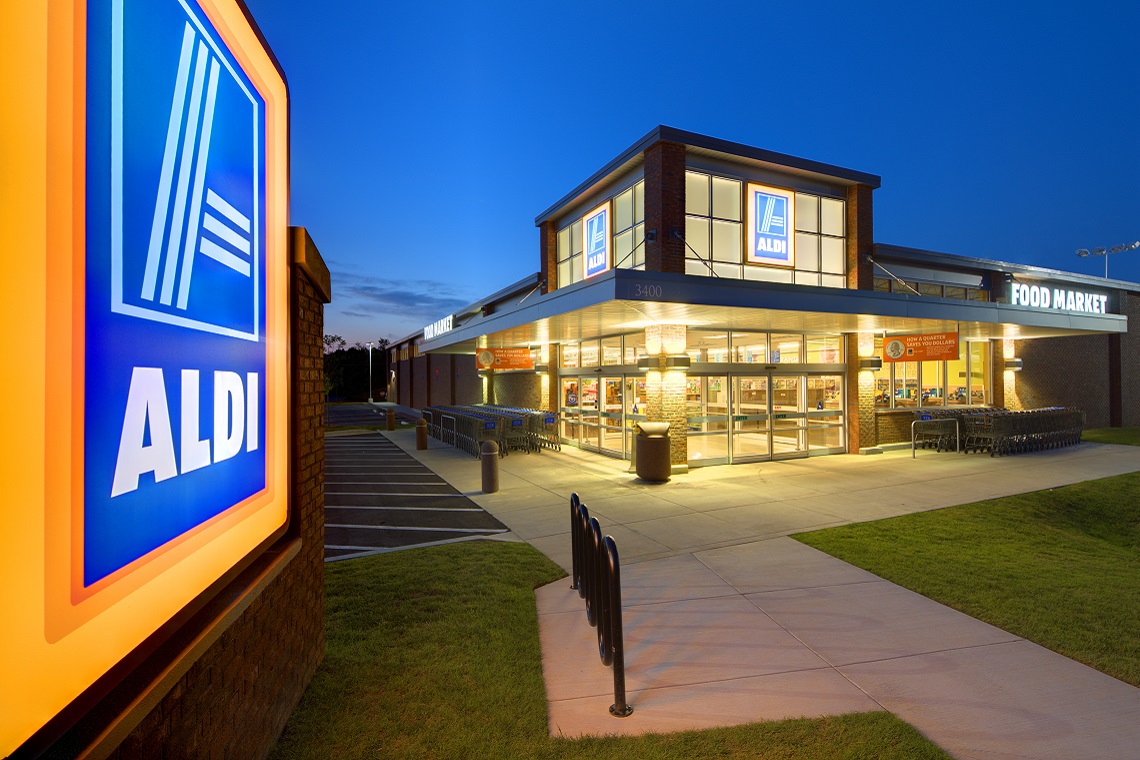Aldi has withdrawn its applications for liquor licences at six of its stores in South Australia after the Government closed a liquor licensing loophole regarding alcohol being stocked in supermarkets.
In December last year, Aldi said it was applying for a producers licence at its Hawthorn, Adelaide Airport, Aldinga, Victor Harbor, Newton and Blackwood stores.
A producers licence is “for businesses that produce their own liquor or sell wholesale liquor,” according to the SA government website. It’s usually granted to allow producers to sell from their cellar door or through their own websites.
However in May the South Australian Government announced it was moving to close the loophole, after new liquor licensing categories came into effect in November last year.
A spokesperson for Aldi, said: “We withdrew our applications as (State) Government made changes to the legislation.
“We are still optimistic that we will bring our quality liquor range to shoppers in South Australia when the time is right.”
Both the AHA in South Australia and the SA Wine Industry Association (SAWIA) opposed Aldi’s claim it was a producer.
Ian Horne, CEO of AHA SA, said: “The Parliament of South Australia agreed with AHA and SAWIA submissions and moved to amend the near new liquor act to make it absolutely clear that in South Australia alcohol under any licence cannot be sold inside a supermarket and must be a separate facility with separate entrances, cashiers and no partial or full integration with the grocery business. Further the Parliament made it retrospective should any of the applications been successful.
“The AHA|SA represents Hotels with bottleshops and Independent liquor stores since the merger with the LSA of SA some years ago. AHAs interests is to preserve and promote the important competitive role and market place presence of small, medium and/or family based liquor retailers.
“With the SA Wine Industry Association we support the importance to South Australia of maintaining the brand integrity of SA winemakers.”
The licensing changes implemented in November last year specifically prevented the retail sales of alcohol inside a range of retail outlets including supermarkets. Supermarkets can establish retail liquor stores, but they must be separate of grocery stores.

